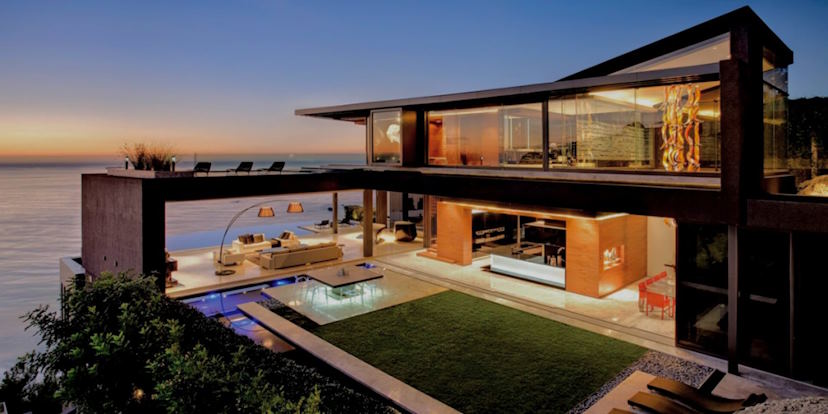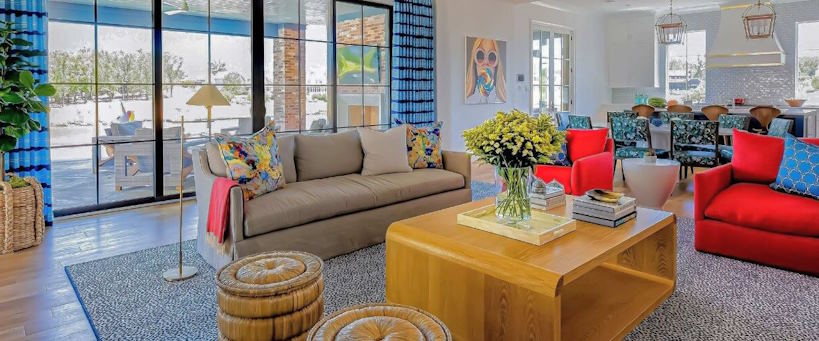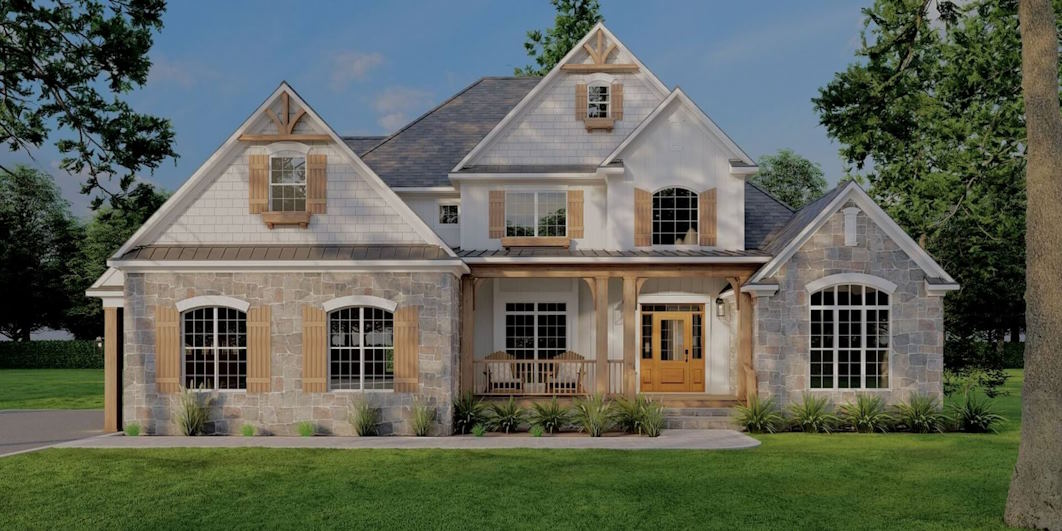When selecting a home, it’s essential to focus on your immediate needs and consider your long-term goals. A home is a significant investment; finding one that can adapt to changing circumstances is crucial for your future happiness and well-being. You can make a more informed decision by considering factors such as future plans, potential growth, and the flexibility to accommodate evolving needs.
Considering Your Long-Term Goals
Future Plans
Consider your long-term goals and how your chosen home aligns with them. Are you planning to start a family, work remotely, or pursue new hobbies or careers? Consider how the home can support these aspirations and provide the necessary space and amenities.
Potential Growth
Anticipate potential growth in your family or lifestyle. Will you need additional bedrooms, office space, or storage? Consider the flexibility of the home’s layout and the possibility of expanding or remodeling to accommodate your changing needs.
Lifestyle Changes
Life is full of surprises, and your circumstances may change over time. Think about how adaptable the home is to accommodate unexpected events or shifts in your lifestyle. Flexibility in layout, functionality, and location can be valuable in adapting to unforeseen circumstances.

Factors that Contribute to Flexibility
Layout and Space
A flexible layout allows you to repurpose rooms or create multifunctional spaces as your needs evolve. Look for homes with open floor plans, rooms that can be easily converted, or flexible living areas that can serve multiple purposes.
Outdoor Space
Outdoor areas provide opportunities for expansion and additional activities. Consider the potential to enhance outdoor spaces with gardens, patios, or decks that can be utilized for entertaining, relaxation, or recreation.
Storage Capacity
Sufficient storage space is essential for accommodating belongings as your lifestyle evolves. Look for homes with ample storage options, such as closets, cabinets, and built-in shelves, to ensure you have room for your belongings.
Finding a Home that Grows with You
Location
Choose a location that aligns with your long-term goals and potential growth. Consider proximity to schools, parks, and amenities that may become more relevant as your family expands. Additionally, evaluate the neighborhood’s potential for appreciation in value and future development.

Room to Expand
Assess the home’s potential for expansion or remodeling. Look for properties with sufficient land or zoning allowances that would allow for additions or modifications in the future.
Flexibility in Design
Opt for homes with flexible and adaptable design features. Look for neutral color schemes, timeless architectural elements, and versatile finishes that accommodate various styles and preferences.
The Value of Flexibility
Cost-Effectiveness
Choosing a home that can adapt to your changing needs can save you from the expenses and hassle of moving or major renovations. It allows you to make gradual adjustments as necessary rather than undergoing significant changes.
Emotional Well-being
A home that grows with you can provide stability and comfort. Knowing that your home can accommodate your evolving needs and preferences allows you to focus on your long-term goals and enjoy a sense of belonging.
Long-Term Investment
A flexible home has the potential for long-term value appreciation. It can adapt to market trends, attract a wider range of potential buyers or renters, and serve as a solid investment for the future.

